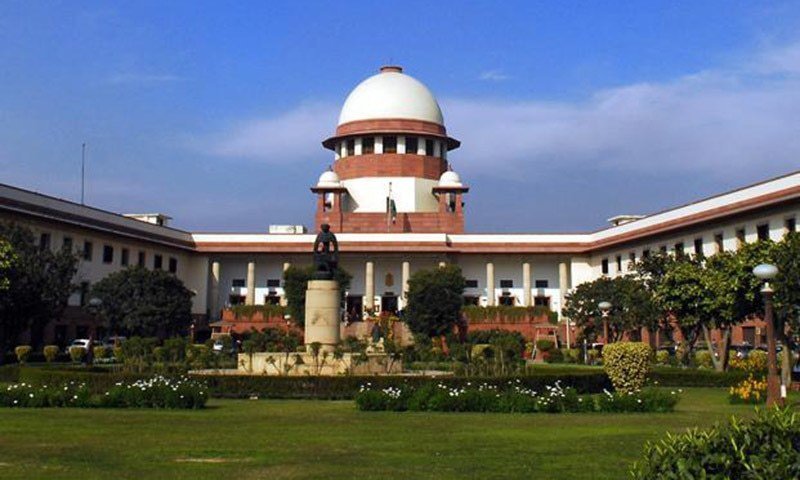Yash Dubey, a final year law student has addressed a letter petition to the Hon’ble Chief Justice of India seeking relief against UGC’s order and the subsequent notification by the Ministry of Home Affairs (MHA) directing colleges and universities to compulsorily conduct the examination of final semester and as per the Standard Operating Procedure (SOP) approved by the Union Ministry of Health and Family Welfare.
The notification issued by the MHA (dated 06.07.2020) specified that in a letter to Union Higher Education Secretary, the Ministry has permitted conduction of the same as per the UGC Guidelines on Examinations and Academic Calendar for the Universities released on the same day.
The guidelines describe the procedure for conduction of examinations at length. The Commission has provided within the notification the conduction of terminal semester/final year examination by the end of September 2020, in offline (pen & paper)/online or blended (online + offline) mode.Further, the students of terminal semester/ final year students having backlog have been mandated to compulsorily take the examinations in the above prescribed method as per feasibility and suitability.
The current statistics depict about 2 lakh 47 thousand active cases in India with the number of cases per day rising at a record high rate. In the midst of this, the applicant, through his letter, has expressed his concern over the health and safety of students and has also claimed that the differentia between students of intermediate semesters and final semester is not intelligible, thus violative of the fundamental rights of students guaranteed under Article 21 (Right to life and personal liberty) and Article 14 (Right to Equality) respectively.
The letter petition questions the guidelines on the following grounds-
- The inter-state and intra-state migration of students to examination centre with the added risk of staying in hostels is not feasible as various colleges and hostels across the country have been converted into quarantine centers.
- Online examinations, on the other hand, will work against the interest of students living in remote areas with precarious internet services or lack of personal computers or laptops in their homes.
- The petition also brings to attention the difficult situation of a large population suffering from unemployment, insufficient income or other financial difficulties; which would make the payment of examination fee, stay and travel expenses difficult.
- It has created a situation of confusion for states like Madhya Pradesh, Rajasthan, Chhattisgarh, Punjab and West Bengal, which have already decided to cancel examinations.
- Not only the examinees, but the invigilators are also at equal threat.
The applicant has questioned the rationale behind the justification provided by the UGC to justify the reasoning of conduction of virtual examination by citing examples of global and premier universities like Princeton University and Cambridge University because of vast differences in the infrastructure.
It is also to be noted here that the a clause in the Standard Operating Procedure clause provides that in case of restriction of movement in certain areas, admit cards issued to the students shall be treated as movement passes and local authorities and State Governments should issue similar passes to invigilators and personnel concerned. Besides, students showing signs of fever, flu or cough will not be exempted from giving exams rather they will be shifted to a separate room or will be asked to give exams the next day. Apart from the safety measures provided therein, these pointers do not consider the gravity of the highly contagious global pandemic.
The letter petition seeks suo-moto cognizance by the Court apart from other reliefs prayed. It can be read here click

